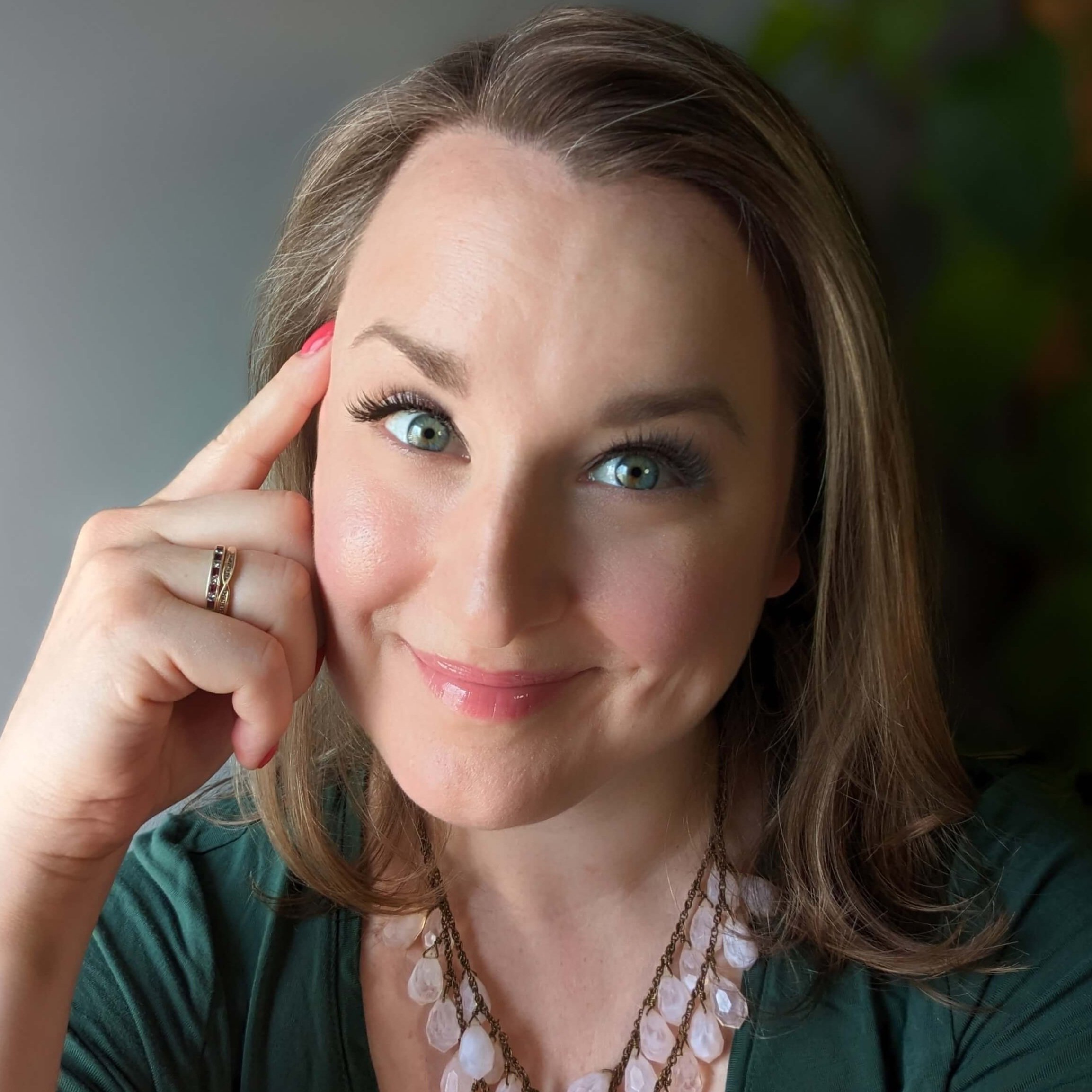Am I Depressed?
Estimated Reading Time: 11 minutes.
What Is Depression?
We have all felt sad or blue, and said something like, “I feel depressed!” Does that mean you are clinically depressed?
It is normal to feel sad or low, sometimes. Feeling down is within the normal range of human emotions. During the course of a day, your mood can shift in intensity activation (alarmed/astonished) to deactivation (fatigued/tired); and can shift from pleasant (happy/contented) to unpleasant (distressed/sad). Being in a deactivated and unpleasant mood state does not necessarily qualify as “depression.” However, depression may be present when you stay stuck in this low deactivated unpleasant state. Someone struggling with depression is stuck not just for a few minutes or an hour or two, but is stuck in this mood state for most of day almost everyday, for weeks at a time, being unable to shake it, and being unable to return to the usual range of human emotions, and thus creating problems in relationships, school, and/or work.
What are the Symptoms and Signs of Depression?
In addition to persistent sadness, some symptoms and signs of depression include:
feeling useless, hopeless, or excessive guilt
being irritable
loss of interest or pleasure/withdrawal from activities/people, and resulting loneliness
changes in appetite and weight
lack of sleep or excessive sleep and fatigue
feeling slow or lethargic
trouble concentrating or making decisions
crying easily or feeling like crying
More acute symptoms to watch for include thoughts of suicide and/or a loss of touch with reality, such as hearing voices or having strange thoughts (delusions).
A qualified mental health professional is needed to formally diagnose clinical depression, including clarification of the type of depression you are experiencing.
What are the Common Types of Depression?
Depressive disorders, also known as mood disorders, are commonly described or diagnosed as:
Major Depressive Disorder
Bipolar Disorder (sometimes referred to as manic depression)
Postpartum Depression
Seasonal Affective Disorder (or seasonal depression)
Dysthymia (a persistent low-grade depression persisting over years)
Adjustment Disorder with Depressed Mood (depressive symptoms may be a more pronounced reaction to an external stressor)
Depression is Associated with Impairment
Unfortunately, persistent depression can negatively affect your work and/or school, your relationships, and pursuit of your life goals, and robs you of your ability to enjoy life. Practically, you should seek help if you are stuck in this place and it is stopping you from getting to do the things you want to do in your life.
Depression is Relatively Common
Depression is quite common. You are not alone if you are struggling with depression. In Canada, depression is present in about five percent (5%) of the population at any particular time, and just over 10 percent (+10%) of adults experience depression at some point over the course of their lifetime. So look around – you are not the only one wrestling with this and looking for help!
What are the Causes of Depression?
There is no simple answer to this question. You may hear people state that depression is caused by a “chemical imbalance” in the brain. However, this is an insufficient answer when it comes to considering potential cause. There is usually no one clear cause and there are many suspected causes. These are referred to as risk factors. The following factors are believed to play a role in depression:
Genetic/biological causes (does it “run in the family”?)
Personality (your “style” of interacting with the world around you)
Stressful life events (e.g., childhood abuse or adult trauma, job loss, end of a close relationship, death of a loved one - not just grief)
Medical conditions (e.g., diabetes, thyroid condition, chronic pain, weight issues, cardiac problems, and others)
These are common risk factors for depression. Even knowing these risk factors, it is difficult to know which causes which. For example, does pain cause depression, or depression cause pain? Or do they simply exacerbate one another, and there is an underlying third “cause”? Remarkably, there are many people with these risk factors who don’t suffer from depression. And for those that do struggle with depression, it is challenging to identify the causal factor.
The good news, regardless of cause, there are effective treatment options for depression (discussed below).
Protective Factors
Some people are less likely to struggle with depression than others. We don’t know exactly why. However, research has identified several protective factors. The following are some of the factors associated with less depression:
A Healthy Diet, Reduced Alcohol, and Regular Aerobic Exercise
Coping and Decision Making Skills
Social Support From Family and Friends
Self-Esteem and Resilience (ability to adapt to stressful circumstances)
Existential/Spiritual Orientation (adhering to values, sense of purpose, future-oriented)
These protective factors are associated with daily habits, lifesyle, and perspective. Focusing on these factors can lead to practical steps you can take to reduce your risk of depression.
How Do I Find Help For Depression? HOW DO YOU Treat Depression?
You may ask, how to cure depression? Here are the two most common approaches to treating depression:
Psychotherapy (also called talk therapy) – There are more than 50 types of psychotherapy or approaches to therapy. These types can be grouped into four major areas: 1: Psychodynamic Therapies, 2: Client-Centred (Humanistic) Therapies, 3: Cognitive-Behavioral Therapies, and 4: Integrative/Holistic Approaches. An effective therapist will use a therapeutic approach that has empirical support (backed by scientific research). A therapist may use more than one particular approach and often tailor the type treatment to the kind of issue being presented and to the most effective approach for a particular client.
Antidepressant Medication – needs to be prescribed by a psychiatrist or by a general physician (family doctor) with knowledge/experience in prescribing psychotropics.
This is a very brief overview and is not an exhaustive list. Of course, at Advance Health, we focus on providing effective psychotherapy.
Looking for Hope!
Most people struggling with depression ultimately recover. The discussion above is intended to provide a definition for depression, with common signs and symptoms, help you understand that there are multiple causes and protective factors for depression, and finally to present the common treatment options.
The therapists at Advance Health have been trained to provide therapy for depression. We invite you to connect with us to pursue psychotherapy!
The best way to get started is to click the Get Started Now button to complete and send the form. Our Intake Coordinator will answer your questions and match you with one of our therapists. Email certainly works - but if you include your phone number on the form - it is easier to answer all of your questions, quickly match you with your therapist, and book your first session.
Our Therapists Are Ready to Help
With Video Therapy - You Can Connect No Matter Where You Are!
Our Therapists - Adhere to Canadian Provincial and Territorial Regulations.
We Serve - All Across Canada (except PEI).
Reach Out Now - Our Intake Coordinator will answer your questions and match you with your therapist.






































































